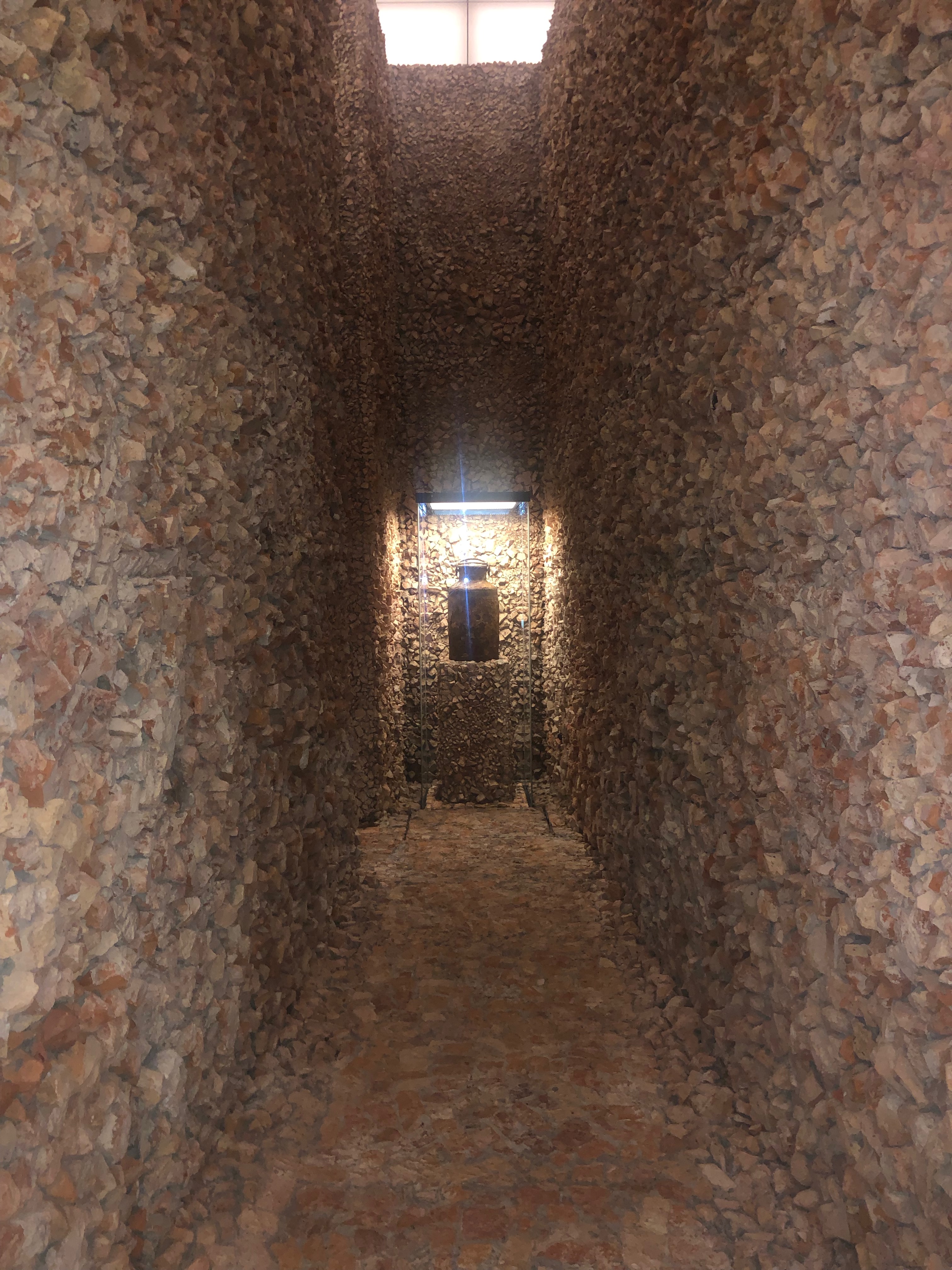After a long night of celebrating Juwennalia with the University of Warsaw students, our group met up in the morning for a screening of Who Will Write Our History?, a documentary that highlights the efforts of Emanuel Ringelblum and many other intellectuals, community leaders, and journalists to document Jewish life in the Ghettos. Known by the code name Oyneg Shabes, the group saved thousands of documents, letters, photos, and art from the time of the Nazi rule in Warsaw.
Shortly after viewing the movie, we headed across the street from the Taube Foundation to the Jewish Historical Institute where we could see some of the collected documents firsthand. Arguably, this Ringelblum Archive is one of the most valuable parts of their collection with approximately 6,000 documents. All of these accounts were firsthand, a reflection of the course’s emphasis on primary sources during the semester. Overall, the movie was a great choice before going to see the Warsaw Ghetto documents; it really allowed for the figures and documents to come to life.
After reading over the documents and learning about the Ognes Shabes members, we set out to find some good falafel. Happy to report that the mission was accomplished and everyone was satisfied with Kaja’s recommendation.
Upon returning to the Taube Foundation, we watched a short video called the City of Ruins that documented the destruction of Warsaw by German occupation. It was incredibly difficult to wrap one’s head around the idea of 25% of Warsaw’s buildings being destroyed. By the beginning of 1945, over 85% of the city is in ruins. En route to meet with fighters in the Home Army who served during the Warsaw Uprising, I found myself mulling over these statistics. It was there where we were able to listen to their firsthand account of the chaos and violence in the dark days of the Uprising.
I was surprised to learn of just how sure they were of their cause. For many fighters, there was no faltering, no doubts as to whether there would be a victory. They were fighting to save their city, their town, and it meant everything to them. I could not help but respect that dedication even if it felt blindly fanatical at times.
After the wrap up of our meeting, we grabbed coffee with our friend from the University of Warsaw and had the loveliest dinner at a Georgian restaurant. Post-stuffing our faces with kidney beans, grape leaves and cheesy bread, we strolled back to the hostel grateful for the weather and new experiences and perspectives.
